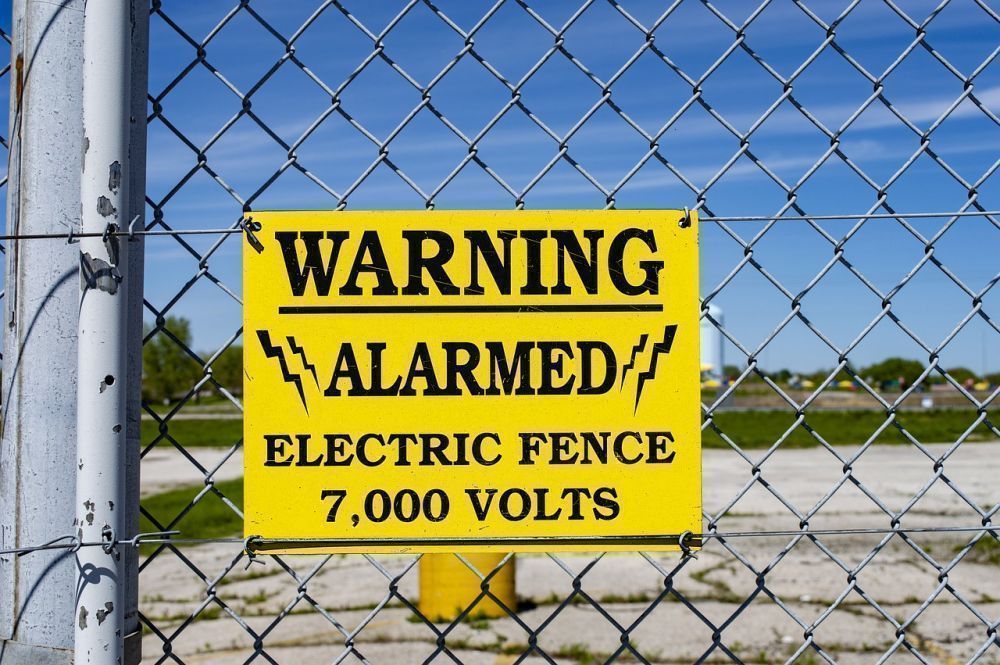
What Makes an Electric Fence Non Lethal?
When electric fences were first created, most of them were lethal, and they were only used on extremely high security sites like prisons and military bases. However, as time went on, the demand for non lethal electric fences grew.
Now, there are many parts of the world where it's common to have a residential electric fence, and while they will certainly give you a shock, they're not likely to be lethal. Here's why.
Non Lethal Fences Have Low Amps
All electric fences - even non lethal ones - have high voltage. Often, they generate tens of thousands of volts. However, when it comes to the lethality of electricity, it's not the volts that will kill you. It's the amperage or resistance.
If you look at non lethal electric fence specification, they have very low amperage, so even if they will give you a big shock, it's not enough to stop your heart.
Electric Fences Used Pulsed Current
If you've ever spent time around electric fences, you probably know that you can sometimes touch them and not get shocked. If you use an insulated item like a screwdriver to touch the fence wire and the metal fence post to complete the circuit, you will also hear a rhythmic ticking sound.
That's because electric fences use pulsed current, and there's a very good safety reason for that too.
When you get a shock, the electrical current causes your muscles to contract. Which is why, when someone is being shocked, they can't simply let the item causing the shock go.
Because electric fences use pulsed current, if you are shocked by one, you can let go when the fence stops being live between pulses.
What Does An Electric Fence Shock Feel Like?
People who have touched electric fences have described the feeling as similar to being hit hard by another person. It won't fling you across the room, but you will definitely know you touched the fence during a live pulse!
Are Non Lethal Electric Fences Harmless?
Not exactly. While non lethal electric fences are not designed to kill, you should always be careful around them.
That's because there are certain instances where you could still be badly hurt or worst by an electric fence.
Anyone who has a pacemaker, for instance, should be very cautious about electric fences. The shock from the fence could interrupt the working of your pacemaker.
If you were to be trapped against an electric fence, you could also get serious burns or worse.
Even if the fence is not installed correctly, there could be instances where it does things that are unexpected.
So, can electric fences kill you? Probably not. But you should still avoid touching them if you can.

